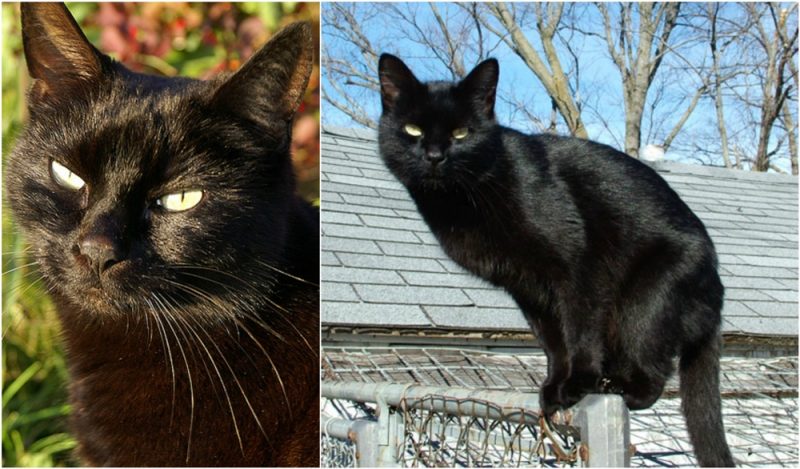As many of you surely know, black cats are considered to be an omen of misfortune, bad luck, and even death. Unfortunately for these black furry fellows, their bad reputation dates back to forever, and many of the myths about them that were believed way back in the past are still accepted today.
Black cats are domestic cats and as such can come in all sorts of shapes and sizes or be of a specific breed, such as the Bombay cat which is exclusively black.
Because of their high melanin pigment, most of these cats have yellow, or as many like to say ‘golden’ eyes. The cat fanciers’ association recognizes 22 different breeds that come with a solid black coat.
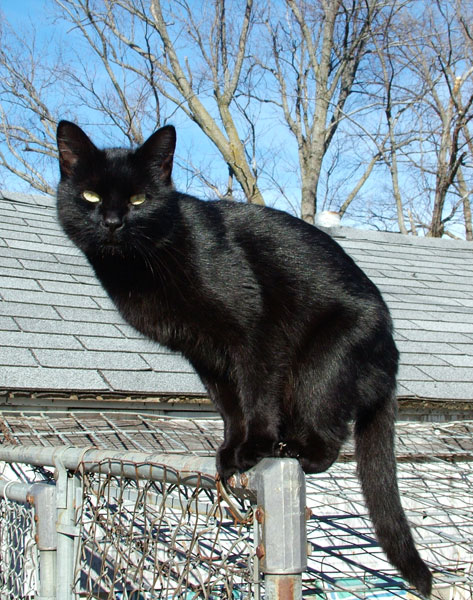
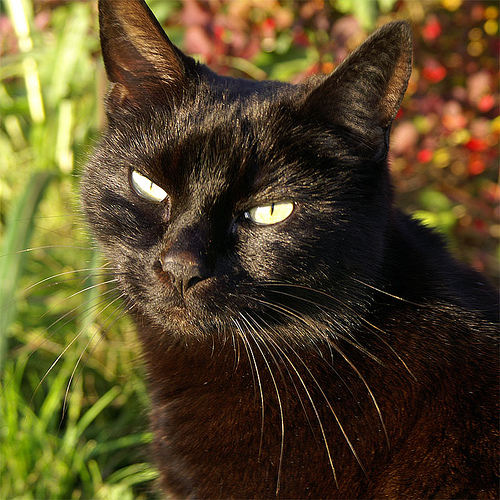
Black cats were adopted as an anarchist symbol in the 1880’s because back then, the black color was generally associated with anarchism. Three decades after, during World War 1, they became a symbol of sabotage.
When the STS-13 space shuttle mission was canceled, the mission was renumbered as STS-41-C, and this prompted the crew to include a black cat and a number 13 in their official patch as a humorous reference to the myth about the unlucky number 13 and the misfortune brought by black cats. However, the mission was successful. The funny thing is, the crew landed on Friday the 13th!
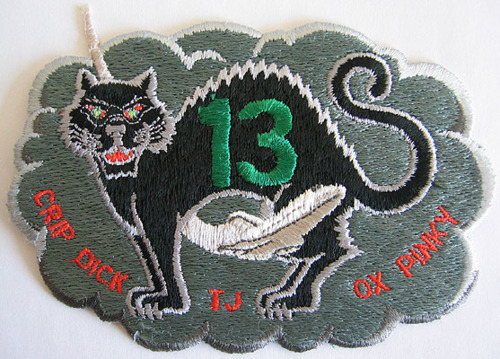

Although considered as an omen of misfortune in many cultures, the people of Japan and Britain see black cats as a sign of good luck. Scots even believe that a black cat’s arrival at their house presages prosperity.
However, unlike the Scots, the Pilgrims viewed the black cat as a companion of Satan or a familiar of witches. Back then, anyone caught with a black cat would be punished or even killed because of his contact with the ‘evil’ creature.
Still, many people over the course of history have seen the black cat’s ‘supernatural powers’ positively. Sailors thought that having a black cat on the ship would bring them good luck. Even fishermen’s wives would keep a black cat at home, believing that they had an influence and would protect their husband at sea. Others, however, believed that if a black cat walks on and off a vessel, it means the ship is doomed and will sink on the next trip. But sailors and their wives weren’t the only one to worship black cats. Egyptians believed that hosting a black cat at home would put them in good favor with the cat goddess, Bastet.
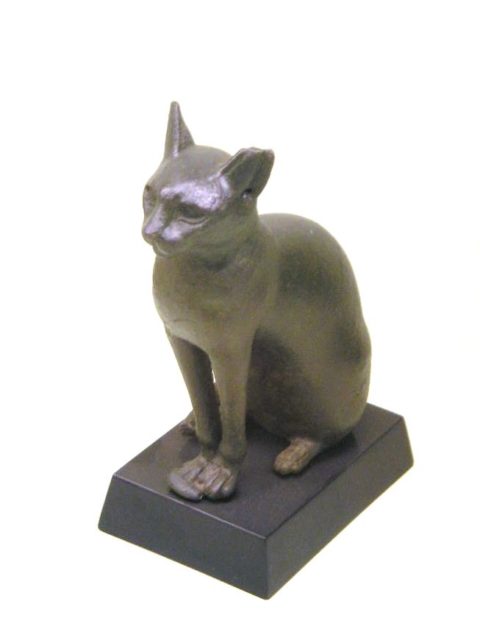
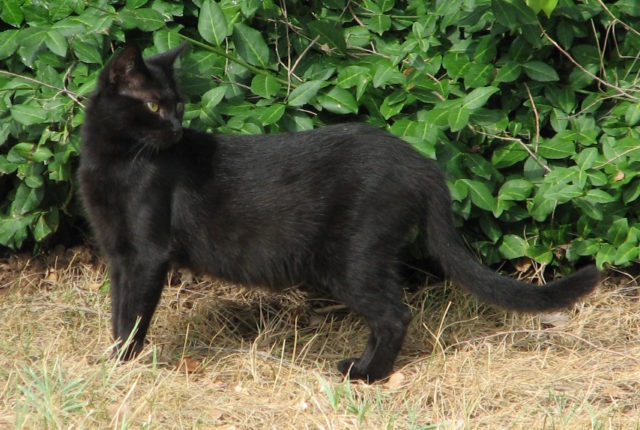
Pirates during the 18th century believed in several myths about the black feline. If a cat walked towards someone, it would bring the person bad luck, but if she walked away, it meant that good luck would follow the individual. The British people considered a black cat walking towards you a sign of good luck and one walking away meant luck was leaving them.
According to statistics, black cats are less likely to be adopted from animal shelters than other cats because of their bad reputation. However, despite the many negative myths about black cats, we must not forget that all cats deserve to be loved no matter the color of their fur. To boost people’s awareness and compassion for these animals, Americans celebrate ‘Black Cats Appreciation Day’ on August 17, and the United Kingdom and Northern Ireland celebrates ‘Black Cat Day’ on October 27.
